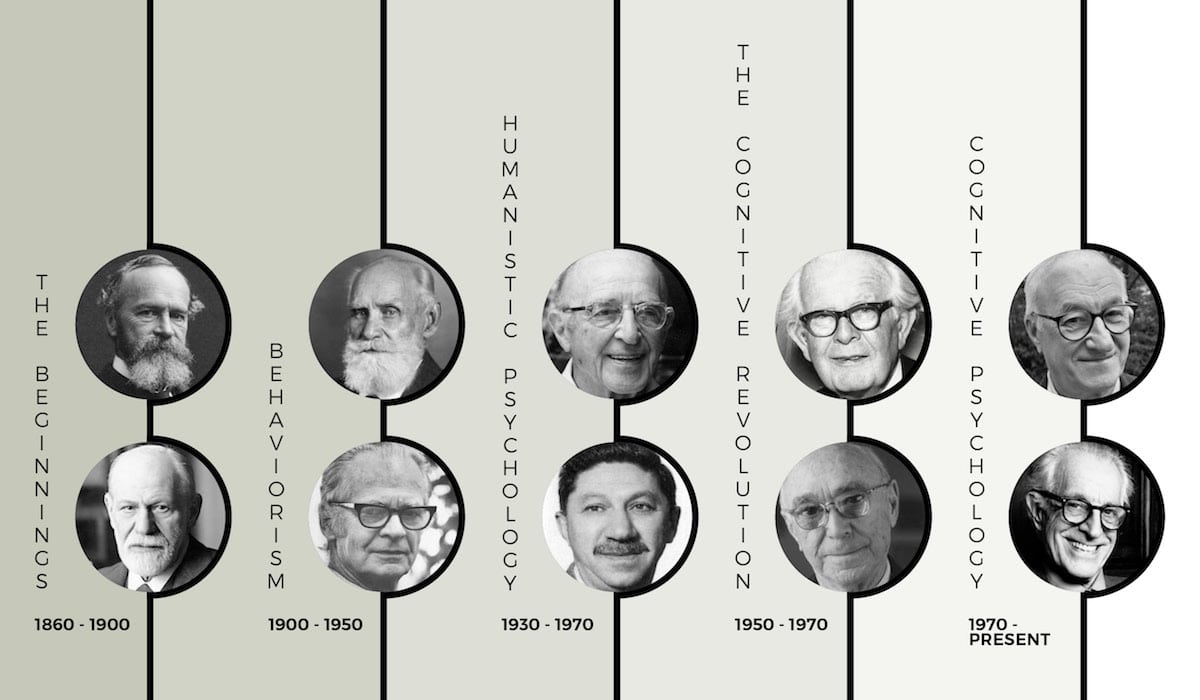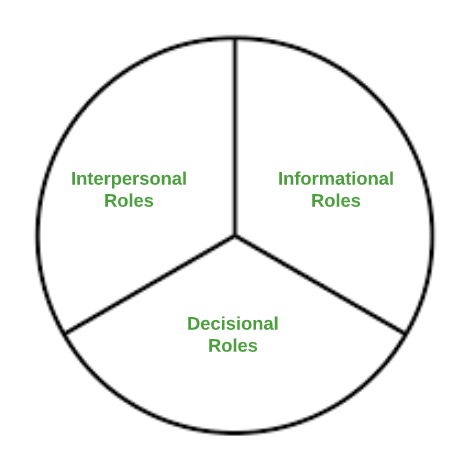Contents
Introduction

Token Economies: Techniques, Applications, and Effectiveness
Token Economies systems are structured behavioral interventions that use tokens as symbolic reinforcements for positive behaviors. These tokens can later be exchanged for rewards, making them a versatile and effective tool for behavior modification across various settings, from classrooms to clinical environments. Rooted in the principles of operant conditioning, token economies provide a systematic way to encourage and sustain desired behaviors by reinforcing them with tangible rewards.
In this article, we will explore the foundational concepts of token economies, discuss different techniques for implementing them, examine their real-world applications, and address common misconceptions and potential limitations.
Examine how Token Economy systems can contribute to behavior enhancement and the formation of organized, reinforcing environments.
What is a Token Economy?
Token Economy is a behavioural intervention that focuses on modifying behaviour through the use of tokens as a form of secondary reinforcement. It is widely applied in settings such as education, therapy, and organisations, where individuals earn tokens for engaging in specific targeted behaviours, such as completing tasks or following rules. These tokens can later be exchanged for desired rewards or privileges, reinforcing positive behaviour. TE is grounded in the principles of operant conditioning, a concept developed by B.F. Skinner, which posits that behaviour can be shaped by its consequences.
Why Token Economies are Important
Token Economies offer a structured and clear method for reinforcing positive behaviour. By providing immediate and consistent feedback through tokens, individuals can see tangible progress toward their goals. This method is particularly useful in environments like classrooms, therapeutic programs, and organisational settings where behaviour change is desired. Unlike other approaches that may require more time to see results, token economies can quickly reinforce behaviours and provide a clear pathway to desired outcomes, making them an effective tool in behaviour modification.
Types of Token Economies
- Closed Systems: Participants earn tokens within a controlled environment and can only use them within that same system (e.g., a classroom or treatment centre). Tokens might be earned for behaviours such as completing assignments or attending sessions and can be exchanged for privileges like extra free time or special activities.
- Open Systems: Tokens earned in one setting can be used in multiple environments or exchanged for broader rewards, such as community outings or store purchases. This type is more flexible but requires careful management to ensure consistency and fairness.
- Point-Based Systems: Similar to token economies, but instead of physical tokens, points are awarded. These points accumulate and can be exchanged for larger rewards or privileges, commonly used in settings where digital tracking is more feasible.
Understanding How Token Economies Work
Token Economies operate on the principle that positive behaviours can be increased by consistently reinforcing them with tokens, which serve as symbolic rewards. Over time, these tokens can be exchanged for tangible rewards, thereby strengthening the desired behaviours.
We will approach Token Economies in stages: beginning with a summary, examining key methods, and then exploring their practical applications in detail.
Simple Overview
Core Idea A Token Economy is based on the concept that behaviours can be modified by associating them with symbolic reinforcements (tokens), which can be exchanged for actual rewards. The goal is to increase desired behaviours by making them more rewarding and, therefore, more likely to be repeated.
Real-Life Example: Consider a classroom where students earn tokens for completing their homework on time. Each homework completion earns a student a token, and after accumulating a certain number of tokens, they can exchange them for a reward, such as extra recess time or a small prize. The steps involved would be:
- Identify the Desired Behavior: Clearly define the specific behavior that you want to reinforce. For example, completing homework on time is a targeted behavior. It’s essential to choose behaviors that are measurable and observable to ensure clarity and effectiveness in the reinforcement process.
- Pair with a Rewarding Stimulus: Implement a system where tokens are awarded immediately following the desired behavior. In this case, each completed homework assignment earns the student a token. Tokens should be easily recognizable and consistently given to maintain their motivational value.
- Strengthen the Behavior: Over time, as students repeatedly complete their homework and earn tokens, they begin to associate the act of completing homework with receiving rewards. This association enhances their motivation to continue the behavior, reinforcing the link between the desired action and positive outcomes.
Critical Concepts
Token Economies involve core components such as identifying target behaviours, selecting appropriate reinforcements, and consistently pairing behaviours with tokens.
- Tokens: Tokens are symbolic items or credits given to individuals immediately after they perform a desired behavior. These tokens must be easily distinguishable and consistently awarded to maintain their motivational value. For example, tokens can be in the form of stars, points, or electronic credits, depending on the setting.
- Behavior Goals: Behavior goals within a token economy are specific and measurable objectives that individuals are expected to achieve to earn tokens. These goals should be clearly communicated and attainable, allowing individuals to understand exactly what behaviors are expected and how they can achieve them. For instance, goals might include demonstrating good listening skills, completing tasks on time, or engaging in positive social interactions.
- Rewards System: The rewards system is an integral part of a token economy, where tokens can be exchanged for various rewards that hold value for the individuals. Rewards should be diverse and meaningful to sustain motivation and engagement. Options might include tangible items like toys or books, privileges such as additional break time, or special activities like a movie day.
Detailed Assessment
The theoretical foundation of Token Economies lies in operant conditioning principles, where behaviour is shaped by its consequences. Token Economies also utilise reinforcement schedules to maximise their effectiveness.
- Operant Conditioning: The theoretical foundation of token economies is operant conditioning, where behaviors are modified through rewards (reinforcements) or punishments. Tokens act as a secondary reinforcer that gains value through association with primary reinforcers, such as food, money, or other desirable outcomes.
- Secondary Reinforcers: Tokens are considered secondary reinforcers because their value is derived from their ability to be exchanged for primary reinforcers. Unlike primary reinforcers, which fulfill basic needs (e.g., food, water), secondary reinforcers like tokens acquire their value through association with other rewards.
- Behavior Modification: Token economies are effective in modifying behavior by providing immediate and tangible reinforcement. The system helps individuals track their progress, understand the relationship between their actions and rewards, and maintain motivation to achieve behavior goals..

Notable Figures in Token Economy Development
- B.F. Skinner: Often regarded as the “father of operant conditioning,” Skinner’s work on reinforcement and behaviour shaping laid the groundwork for the development of token economies. His research emphasised how behaviours can be influenced by their consequences, a fundamental principle of token economies.
- Ayllon and Azrin: Teodoro Ayllon and Nathan Azrin are credited with pioneering the use of token economies in psychiatric hospitals in the 1960s. They demonstrated how tokens could effectively manage behaviours in clinical settings, leading to broader applications in education and rehabilitation.
- Paul J. Gendreau: Known for his research in corrections, Gendreau applied token economies to prison settings, showcasing how structured reinforcement could reduce negative behaviours and improve rehabilitation outcomes.
- Alan Kazdin: A leading figure in clinical child psychology, Kazdin’s research has extensively covered the use of token economies with children, particularly in treating behavioural problems and promoting positive behaviours in various environments.
If you’re interested in the legacies of famous psychologists, this blog is a great resource.
Applications of Token Economies in Real-World Settings
Token Economies are used across diverse environments, each tailored to suit specific behavioural goals and participant needs. Below are some of the most common applications:

Education and Classroom Management
Token economies are widely used in schools to promote positive behaviour, increase student engagement, and improve academic performance. Teachers award tokens for behaviours such as completing assignments, participating in class, and following rules. These tokens can be exchanged for rewards like extra playtime, privileges, or small prizes.
Example: In a second-grade classroom, students earn tokens for acts of kindness or completing their homework. Once they reach a certain number of tokens, they can choose a reward from a “prize box,” reinforcing positive behaviour and enhancing classroom management.
Image Source: ascd.org

Clinical and Therapeutic Settings
Token economies are effective in clinical environments, such as psychiatric hospitals and therapy sessions, to reinforce therapeutic goals. For patients with developmental disabilities, autism, or schizophrenia, tokens can be awarded for daily living skills, attending sessions, or medication adherence.
Example: In a behavioural therapy program for children with autism, therapists use tokens to reinforce communication skills and social interactions. The children can exchange these tokens for favourite activities, toys, or snacks, making the therapeutic process more engaging.
Image Source: uniquecs.co.uk

Correctional Facilities
Token economies are employed in correctional facilities to manage inmate behaviour and encourage rehabilitation. Inmates can earn tokens for good behaviour, participation in educational programs, or adherence to facility rules. These tokens can be exchanged for privileges like extra visitation hours, recreational activities, or commissary items.
Example: In a juvenile detention centre, a point-based token economy might be implemented where points are awarded for attending classes, maintaining cleanliness, and following facility rules. Accumulated points can be traded for rewards such as extra recreational time or special meals.
Image Source: morsewatchmans.com

Organisational Behaviour Management
Token economies can also be adapted for workplace settings to improve productivity, attendance, and employee engagement. Employees earn tokens for achieving targets, punctuality, or teamwork, which can be exchanged for rewards like gift cards, extra time off, or recognition in company meetings.
Example: A company might implement a token economy where employees earn points for meeting quarterly goals. These points can be redeemed for benefits like gift cards, an extra day off, or access to exclusive company events.
Image Source: geeksforgeeks.org
Common Myths About Token Economies
| Myth | Explanation |
| Token Economies are Bribery | While token economies involve rewards, they are structured and systematic, focusing on reinforcing positive behaviours rather than bribing or coercing participants. |
| Token Economies Only Work Short-Term | Though often perceived as a short-term solution, research shows that when effectively implemented, token economies can lead to sustained behaviour changes. |
| Token Economies are Too Rigid | Token economies can be flexible and adapted to individual needs and settings, making them a versatile tool for behaviour modification. |
| Only Effective in Controlled Settings | Token economies have been successfully applied in various settings, including homes, schools, clinics, and workplaces, demonstrating their broad applicability. |
Criticisms and Limitations
While token economies offer significant advantages, they are not without criticisms and potential limitations:
- Ethical Concerns: Token economies, while effective, raise several ethical considerations. Critics argue that such systems might exert excessive control over behavior, potentially leading individuals to conform merely to earn rewards rather than to genuinely engage in the desired behaviors.
- Dependence on External Rewards: A significant risk associated with token economies is the potential for individuals to become overly reliant on tokens, thereby failing to internalize the desired behaviors. This reliance on external rewards can inhibit the development of intrinsic motivation and may lead to a diminished commitment to the behavior once the token system is removed.
- Implementation Challenges: The successful implementation of token economies requires meticulous consistency and careful management. Inconsistent application of the system can lead to confusion, reduced effectiveness, and a potential lack of trust in the system. Ensuring that the token economy operates smoothly involves detailed planning, clear communication of expectations, and regular monitoring.
Conclusion
Token Economies provide a robust framework for reinforcing positive behaviours across various settings, from classrooms to clinics to workplaces. By using a structured system of tokens and rewards, they offer a practical and flexible approach to behaviour modification. While challenges like ethical considerations and implementation consistency exist, the benefits of well-designed token economies can lead to lasting behavioural changes and improved outcomes.
For those interested in utilising token economies, consulting with a behavioural specialist or psychologist can help design a program tailored to specific needs and goals, ensuring a balanced and effective approach.
References
- Kazdin, A. E. (2017). Behaviour modification in applied settings (7th ed.). Waveland Press.
- Gendreau, P. J. (2001). The principles of effective intervention with offenders. In L. G. Davies & C. W. Gendreau (Eds.), What works? – Questions and answers about prison reform (pp. 74-98). Criminal Justice Press.
- Skinner, B. F. (1953). Science and human behaviour. Free Press.
- Miltenberger, R. G. (2016). Behaviour modification: Principles and procedures (6th ed.). Cengage Learning.
- Cooper, J. O., Heron, T. E., & Heward, W. L. (2020). Applied behaviour analysis (3rd ed.). Pearson.
- McLaughlin, T. F., & Malgady, R. G. (2002). The use of token economies in educational and clinical settings. Journal of Behavioral Education, 11(4), 257-274.
- Lovaas, O. I. (2003). Teaching individuals with developmental disabilities: Basic principles and techniques. Academic Press.
- Renaud, J., & Schuster, C. (2007). Token economies: History, principles, and applications. Behavioral Interventions, 22(2), 85-104.
- Geller, E. S., & Pritchard, M. A. (2003). Behavioural approaches to managing and modifying behaviour. Allyn & Bacon.
Explore more Theories & Therapies








